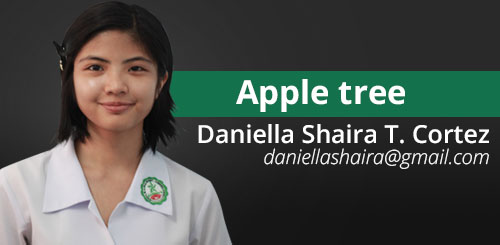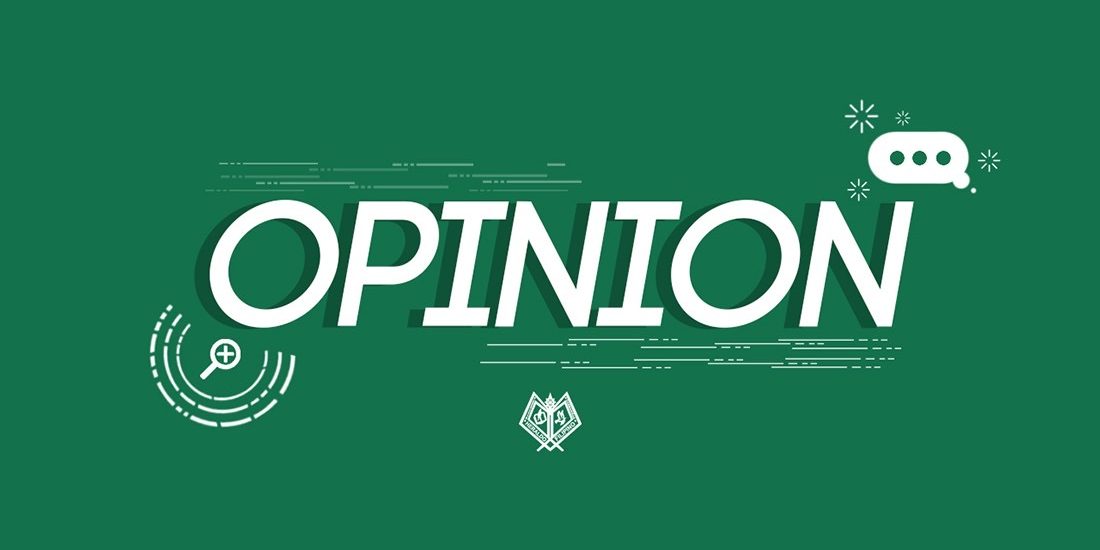Before anything else

College is supposed to hone us to be mature individuals who can profoundly contribute to our society. While we have our subjects to develop our skills and knowledge in our chosen fields, perhaps the workload makes it easy for us students to forget that growth from our college experience is a holistic process that also includes our emotional and spiritual needs.
As students trying to figure out our lives, we have to overcome challenges in order to learn and attain our fullest potentials. Sometimes these challenges can seem more difficult than we can handle, igniting despair and depression. Such situations have even reached a point where suicide cases and suicide attempts have been reported in our University. While our school promotes holistic growth through counseling services, there is a detrimental stigma attached to seeking professional help that we should address.
Some students could view seeking professional help as a sign of personal weakness. Preparing ourselves for the supposed real world, some could strive for independence that includes being able to deal with adversities by ourselves. Also, some may be apprehensive to share their problems for the fear of being judged.
As a psychology major, I have recently taken a test to determine my attitude toward seeking professional, psychological help. Contrary to what you might expect, results reveal that I also have a negative attitude toward seeking help from counselors. And yes, those aforementioned explanations are thoughts that have also crossed my mind.
“We should maximize our opportunities for self-development”
Yet, we should not rob ourselves of a University service just because of negative ideas we have toward it. Also, the reasons I previously discussed are actually misconceptions. As I recently learned in my counseling class, counselors are merely facilitators in helping a troubled person; it is not actually their job to solve your problem for you. Instead, they shall guide you with the process of recovery, granting you independence to make decisions for yourself. In fact, the effectiveness of a counseling session is mostly dependent on a person’s willingness to overcome the problem.
As for issues about being judged for your problems, it is actually a counselor’s job to understand you instead of criticizing you. And if you’re wondering, there is no defined guideline for the kinds of problems that are “worthy enough” to seek professional help. If a persisting problem already affects your everyday functioning, your relationships, or your academic performance, you should seek help as soon as you can.
There is something brave in acknowledging that you need help instead of giving in to despair and anxiety, defeated. We are college students after all: not a lot of people expect us to have it all figured out. So we should maximize our opportunities for self-development, because we are capable of living a meaningful life and attaining our full potentials. Besides, we may never get things as easily once we permanently leave the comforts of University life.
* * *
As a student journalist, I could have written about social issues in this column. Yet the cliché stands true: place your oxygen mask first before assisting others. It is unrealistic to expect individuals to respond to social issues when they still have personal hurdles to overcome. Contrariwise, an individual with a healthy state of wellbeing would know their personal strengths and weaknesses—efficiently assessing how they can profoundly contribute to society.



